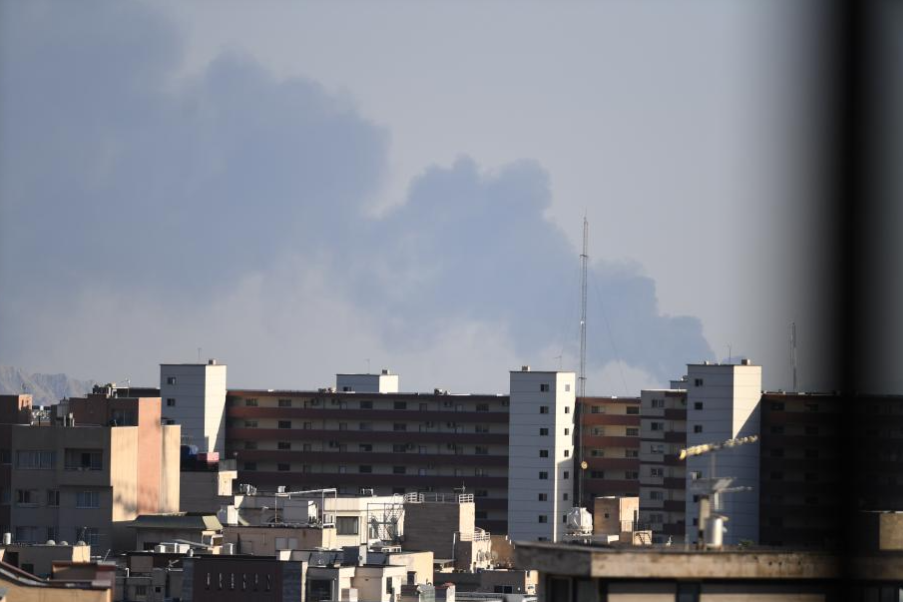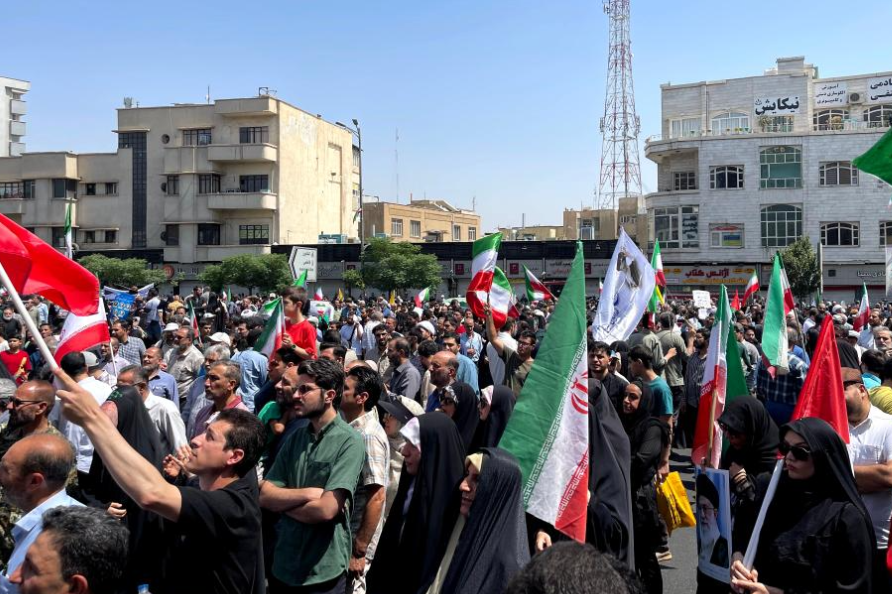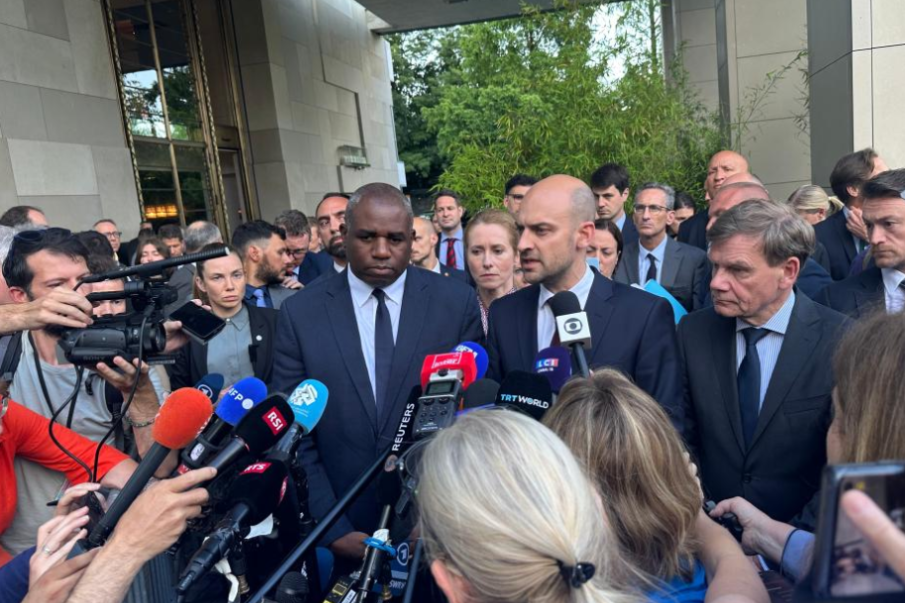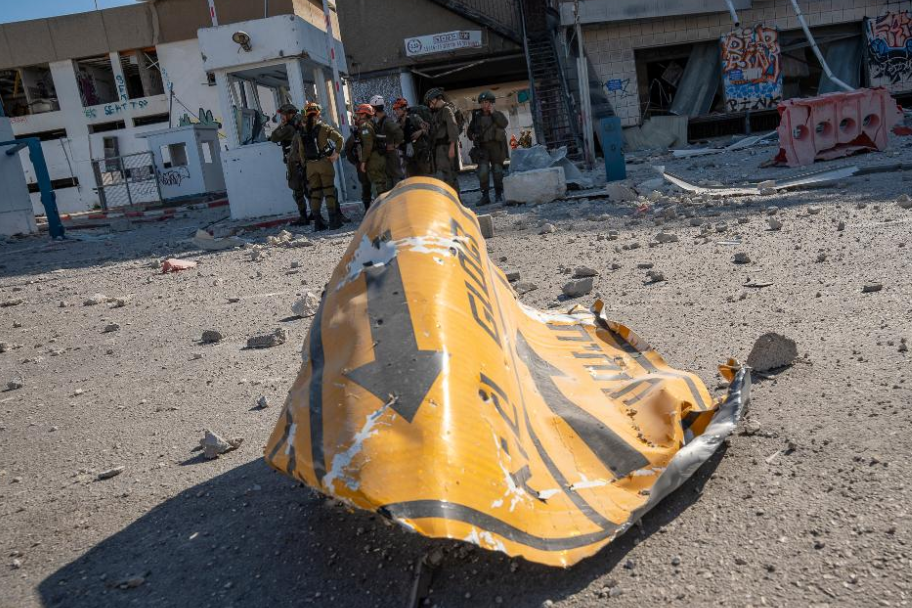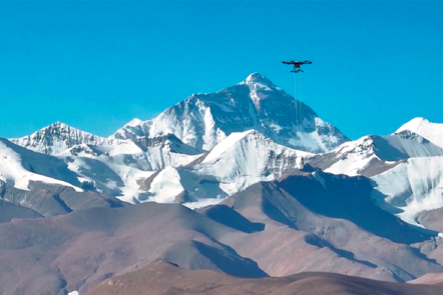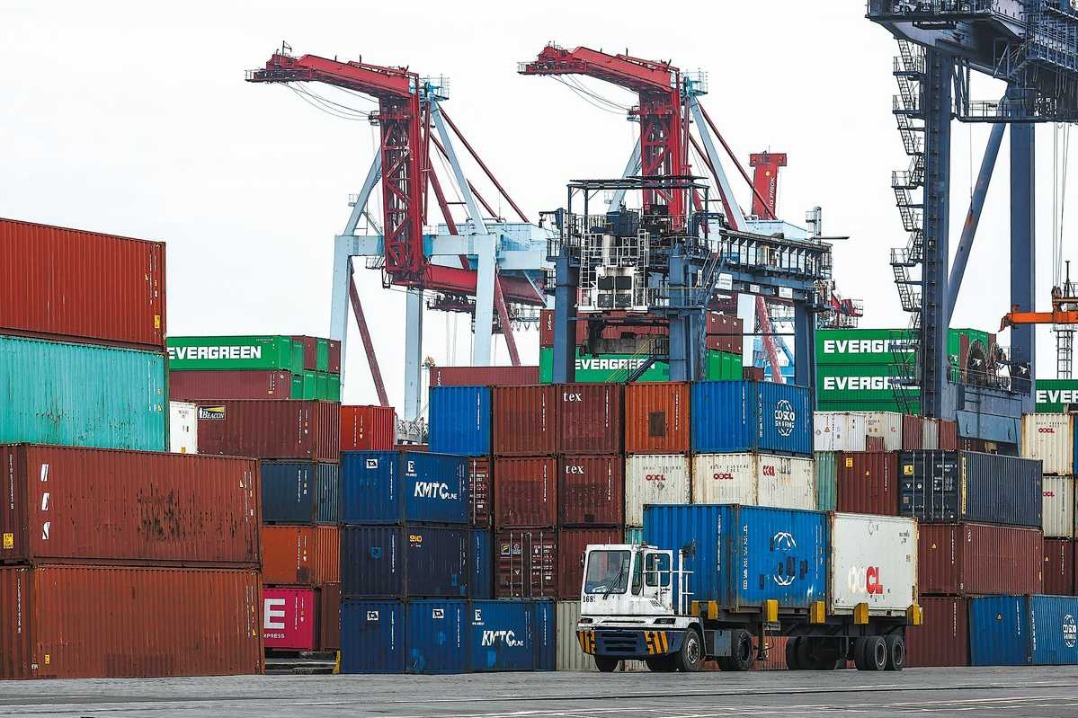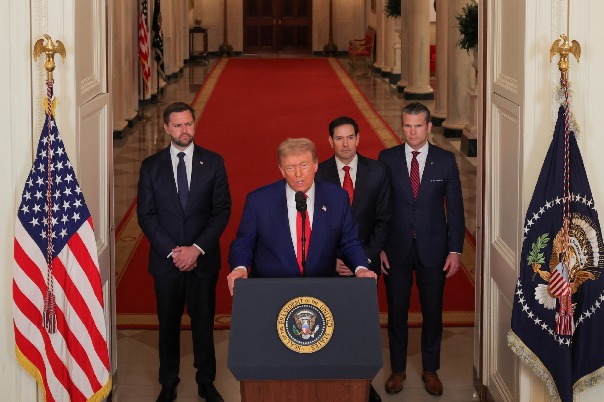US attacks three Iranian nuclear sites





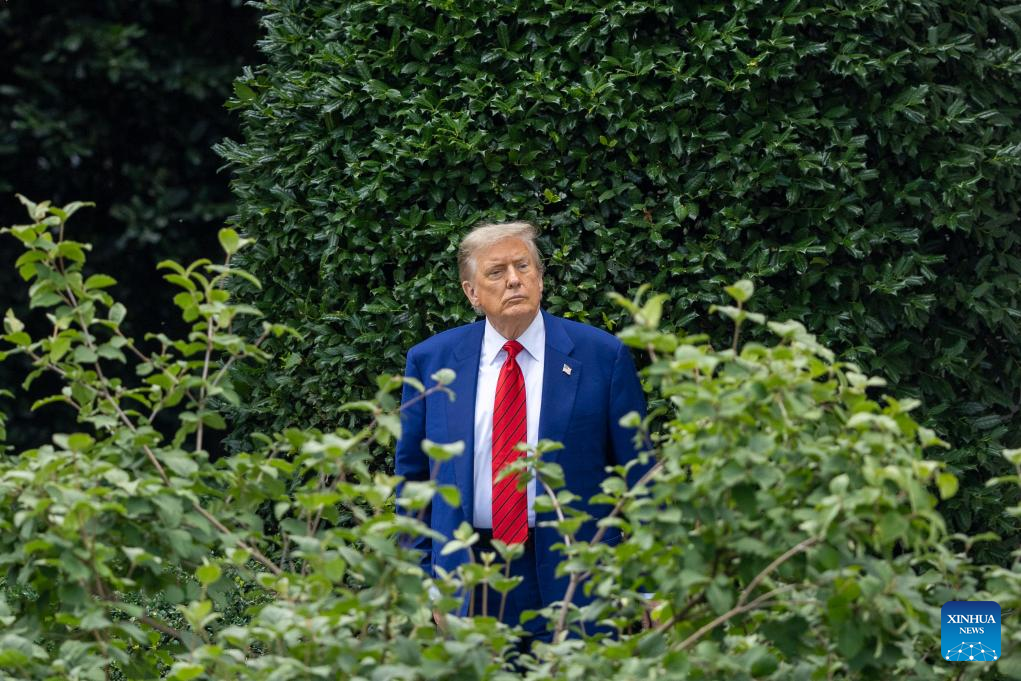
The United States has launched strikes on three Iranian nuclear sites, drawing the US military directly into the conflict after days of uncertainty over whether President Donald Trump would intervene.
"Our objective was the destruction of Iran's nuclear enrichment capacity and a stop to the nuclear threat ...There's no military in the world that could have done what we did tonight," Trump said in a four-minute national address at the White House Saturday night, adding that Iran's nuclear sites are "totally obliterated".
He also warned of possible retaliation from Tehran.
"If peace does not come quickly, we will go after those other targets with precision, speed and skill," he said.
Trump said the strikes targeted Iran's main enrichment sites at Fordo and Natanz, which were hit days earlier by Israel, and a third site near Isfahan, believed to store near-weapons-grade uranium recently inspected by international monitors.
Iranian officials confirmed the attacks and said on state television that Iran had evacuated three nuclear sites that were struck some time ago. They said there were no materials at the sites that could cause radiation.
Iranian state television responded to Trump, saying, "You started it, and we will end it,' and warned that "every American citizen or military personnel in the region is now a target."
Iranian Foreign Minister Abbas Araghchi has not commented since the attack, but earlier on Saturday, he said, "If the United States enters the war, the situation will become very, very dangerous".
Israel's Prime Minister Benjamin Netanyahu said in a video statement that Trump's decision to strike Iran's nuclear facilities would "change history".
"President Trump and I often say: 'Peace through strength.' First comes strength, and then comes peace. And tonight, President Trump and the United States acted with a lot of strength," Netanyahu said.
Earlier Saturday, multiple American B-2 bombers were flying west over the Pacific Ocean and they were used in the strike. These bombers are capable of carrying 30,000-pound 'bunker-buster' bombs designed to penetrate fortified underground facilities.
Trump, who has pledged to avoid "forever wars" during his campaign and in past speeches, said on Thursday he would decide whether to strike Iran "within the next two weeks". After days of uncertainty and conflicting signals, US forces have now been drawn directly into the conflict.
"The thinking in Trump's mind right now is that he could get a quick 'win' with a minimum of military effort and then get to brag about it," Sourabh Gupta, a senior fellow at the Institute for China-America Studies, told China Daily. He previously warned that attacks would affect the US' relations with Iran, the Islamic world, Russia, China and the Middle East.
Gupta added that strikes would "almost certainly exacerbate regional instability and roil oil and gas markets", impacting the global economy.
Jack Midgley, an adjunct associate professor at Georgetown University's Center for Security Studies, told China Daily that the US strikes serve no clear strategic purpose.
"There is no US strategic objective advanced by military action against Iran as it could strengthen Iran's regional position," he said.
He added that Iran's retaliation would cost the US.
"Iran should be expected to take aggressive measures to defend itself," including attacks on US bases in Qatar or Bahrain, cyber-attacks, or closing the Strait of Hormuz, which could disrupt global oil flows, he said.
US lawmakers are divided over the strikes and the country's entry into the Middle East conflict. Even within the Republican Party, some have praised the decision, while others worry the aggressive action could cost the party support from MAGA voters.
Contact the writer at mingmeili@chinadailyusa.com.













